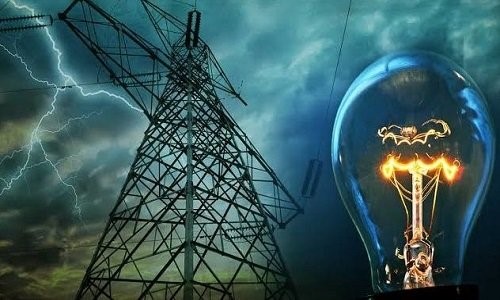The Manufacturers Association of Nigeria (MAN) has decried what it termed the double standards of the Electricity Distribution Companies (DisCos) in its billing system as some regions of the countries are billed lower than others.
Eng. Ahmed Mansur, President of MAN, said: “Disparity in electricity tariff has been observed to favour some regions of the country over others and most worrisome is the fact that manufacturers who are made to pay higher tariffs sell their products in the same market and cannot afford resultant effects of wider gap in the prices of products as competitors in the industry.”

According to him, the “tariff differences in some instances are as high as 25 percent, making it impossible to ensure fair competition amongst manufacturers.
“The resultant effect of this tariff differential is that manufacturers under the DisCos with higher tariff rate sell at a loss in order to sustain the market share and if action is not taken urgently, the affected manufacturers may be forced to close down with looming adverse effect on employment and the economy,” Mansur added.
He called on the Federal Government to regularise the varying cost of electricity tariff across different states to create a level playing ground for manufacturers in Nigeria.
“To this end, MAN recommends uniformity in tariff and in the event where the disparity has to be maintained due to the difference in commercial activities; then government should intervene with the establishment of an equalization fund as provided in the petroleum sector to support DisCos with smaller number of customers in order to ensure uniformity in tariff across the country.
“MAN therefore seizes this opportunity to commend the efforts of the Federal Government aimed at sustaining economic growth and the development of the manufacturing sector in Nigeria particularly the ongoing efforts at improving the quality of reliable and sustainable electricity supply in the country.
“The inadequacy of electricity supply has been one of the major challenges hindering the competitiveness of manufacturing sector in the country as manufacturers spent over 40 per cent of the production overhead on electricity leading to increase in cost of operation and prices of made in Nigeria goods when compared with prices of similar products from other countries,” he stressed.

